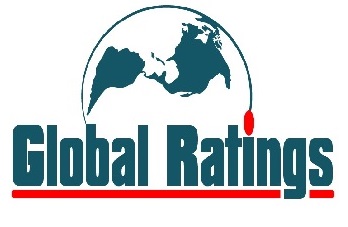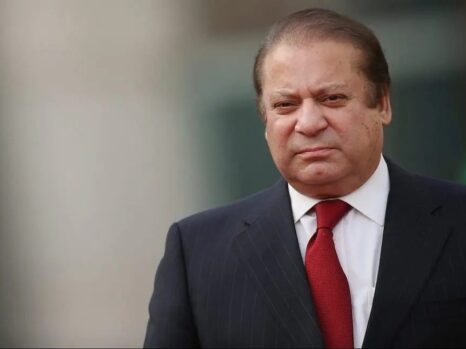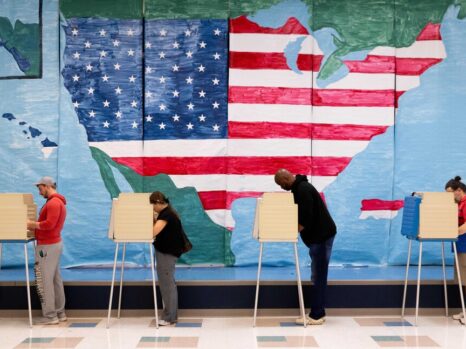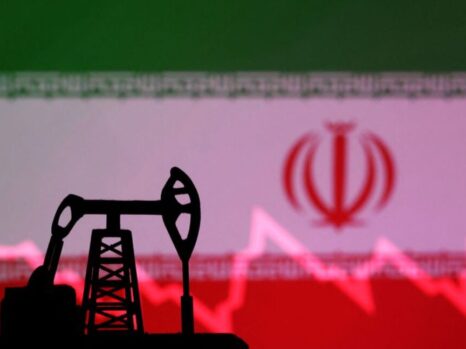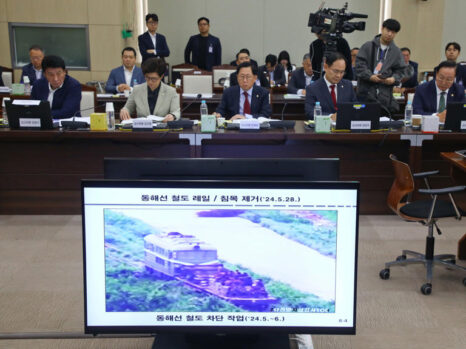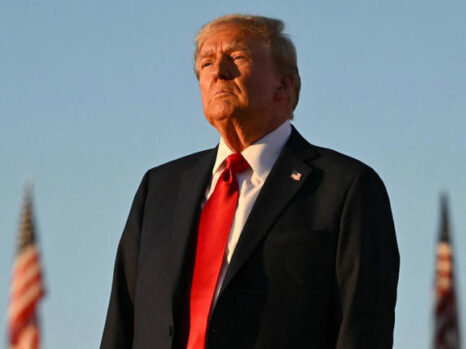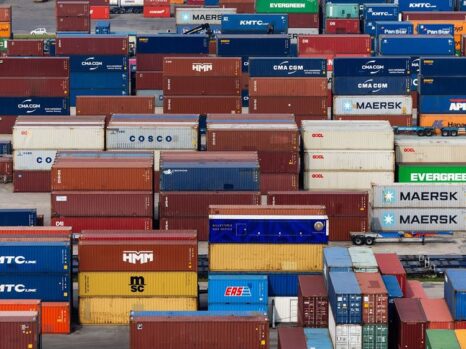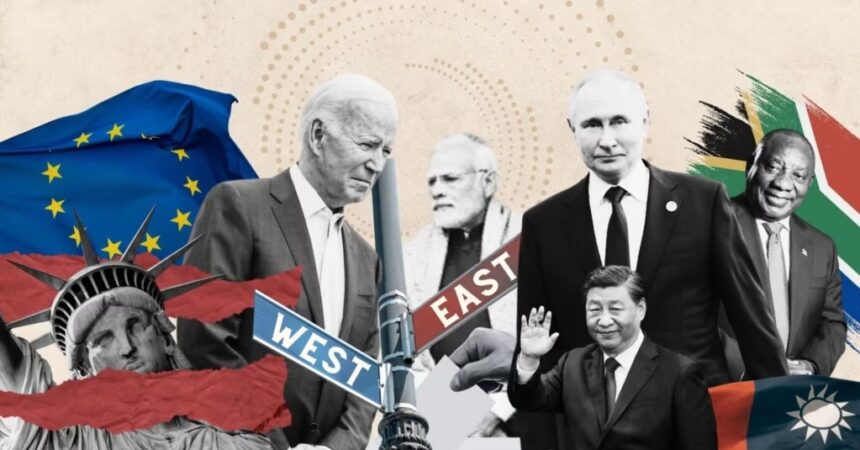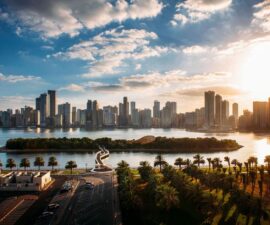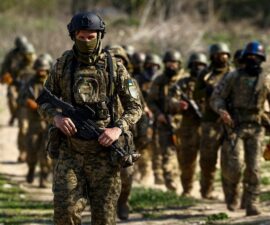The year 2024 will be a record breaking as far as elections are concerned, with more than 60 countries expected to head to the polls, including the US, India, and Russia while some have already voted in new leaders.
This year’s elections hold profound implications for global politics as they unfold against a backdrop of geopolitical shifts, conflict, and economic turmoil.
Here are some of the most significant electoral contests this year:
The United States
More than 160 million registered voters are expected to head to the polls on November 5 to choose the country’s 60th president.
Vying to serve the White House for the next four years are current president Joe Biden, as well as former President Donald Trump.

A combination photo of former US President Donald Trump and current US President Joe Biden. (AFP)
The rematch between Trump, 77, and Biden, 81 – the first repeat US presidential contest since 1956 – is one that few Americans want, according to polls that show both Biden and Trump have low approval ratings among voters.
The election promises to be deeply divisive in a country already riven by political polarization. Biden has cast Trump as an existential danger to democratic principles, while Trump has sought to re-litigate his false claims that he won in 2020.
India
India’s election is set to be the world’s largest and will be held between April and May this year. Over 900 million people – out of 1.4 billion – have registered to vote in India’s upcoming elections.
Incumbent Prime Minister Narendra Modi is hoping to be re-elected for a third five-year term and opinion polls predict an easy win for him.

India’s Prime Minister Narendra Modi waves to his supporters as he arrives to attend a rally in Guwahati, India, on February 4, 2024. (File photo: Reuters)
Russia
Russia will hold a presidential election on March 15 to 17 and the winner will be inaugurated in May.
More than 112 million people have the right to vote in the election, in addition to 1.9 million abroad, and 12,000 others in Baikonur – a spaceport operated by Russia within Kazakhstan.
Current President Vladmir Putin, Communist Nikolai Kharitonov, the leader of the nationalist Liberal Democratic Party Leonid Slutsky, and Vladislav Davankov of the New People party are running for president.

Russian President Vladimir Putin delivers his annual address to the Federal Assembly, in Moscow, Russia, on February 29, 2024. (Reuters)
However, Putin is certain to win, making him the longest serving Kremlin chief since Josef Stalin.
Syria
A date has yet to be announced for Syria’s legislative elections this year, but it is expected to take place by July 24.
Little change is expected under current President Bashar al-Assad 13 years after the country’s civil war broke out.
What countries have already had elections?
Pakistan
Shehbaz Sharif was elected as prime minister for a second time on March 3 by the newly formed parliament, after three weeks of delay in the formation of a coalition government following elections and the declaration of results.
Asif Ali Zardari was sworn into office later on March 10 is the first president to have been elected twice.
Pakistan’s election was tainted by allegations of pre-poll rigging and vote tampering, with former prime minister Imran Khan jailed and barred from contesting and his Pakistan Tehreek-e-Insaf (PTI) party targeted by arrests and censorship, with members forced to stand as independents.
Iran
On March 1, Iran held elections for its parliament and the Assembly of Experts, the influential body responsible for overseeing and appointing the supreme leader.
Turnout in the parliamentary elections was around 41 percent – the lowest participation since the country’s 1979 Islamic Revolution brought the clergy into power.

An Iranian woman casts her vote during parliamentary elections at a polling station in Tehran, Iran, on March 1, 2024. (Reuters)
Only 25 million out of over 61 million eligible voters casted their vote this year.
With heavyweight moderates and conservatives staying out and reformists calling the election not free and fair, the contest was essentially among hardliners and low-key conservatives, all proclaiming loyalty to revolutionary ideals.
